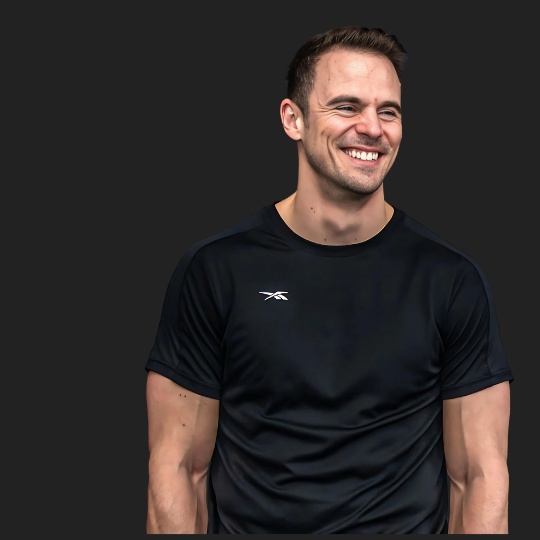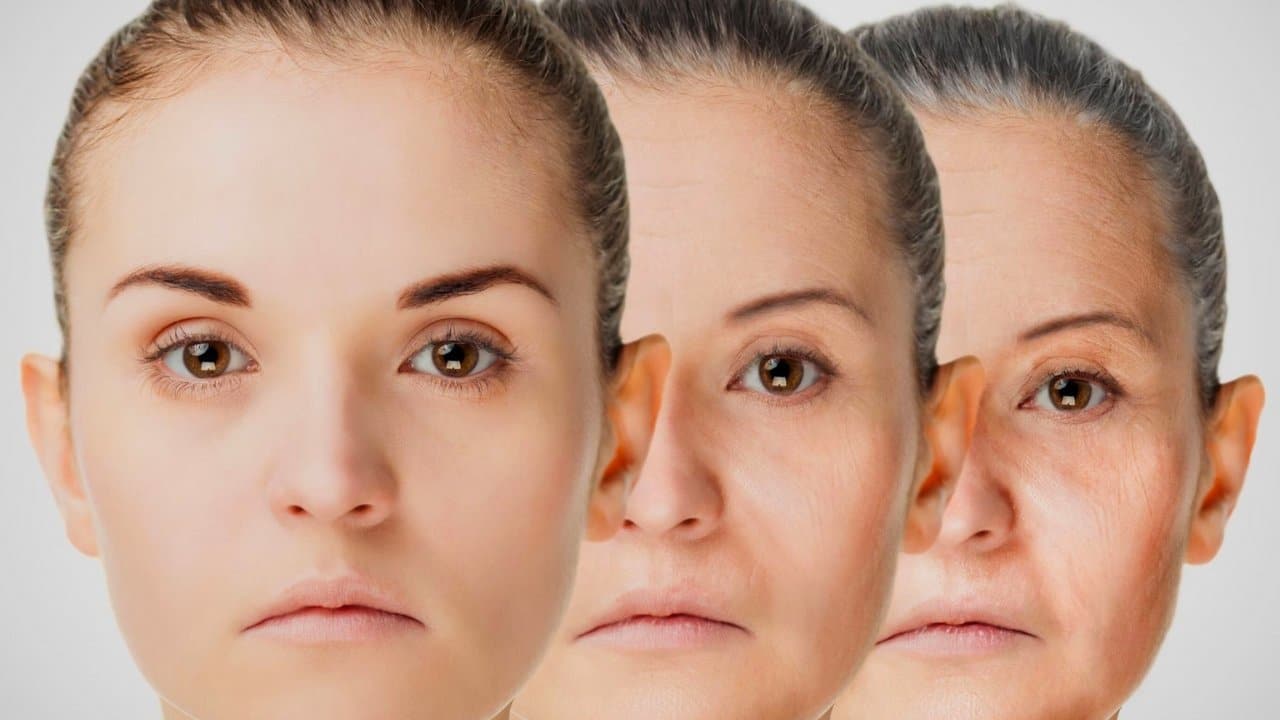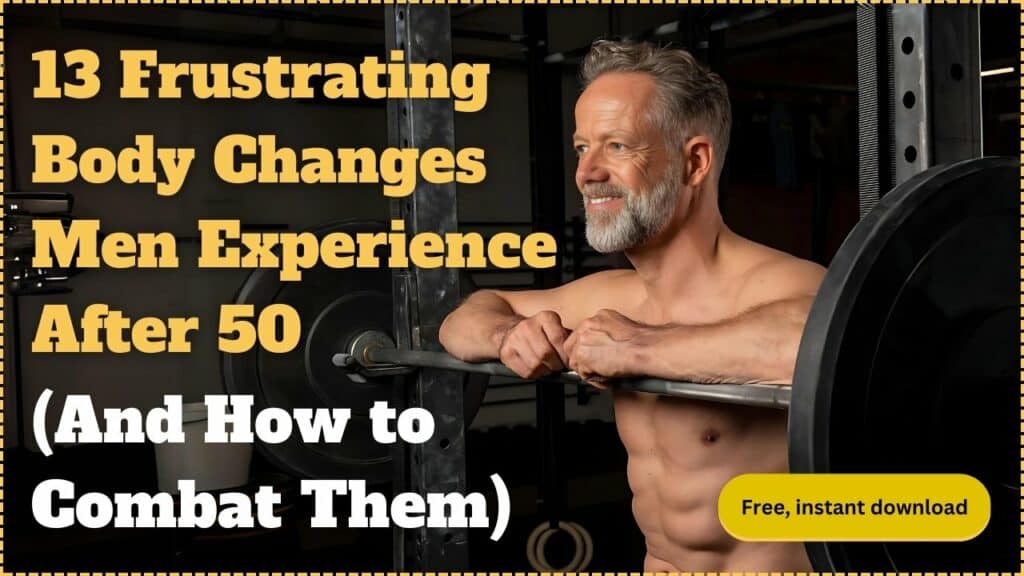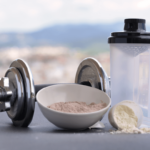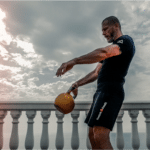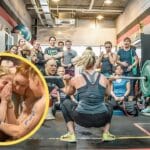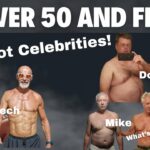Have you ever wondered if you’re aging faster or slower than you should be? It turns out the number of birthdays you’ve had isn’t the whole story.
Your biological age is a far more telling measure of your body’s true condition. Understanding your biological age could be the key to adding not just years to your life, but vibrant, healthy years. Intrigued?
Let’s explore how your genes, lifestyle, and cutting-edge science all play a role in how fast you truly age.
Jump to:
Understanding Biological Age
Biological age differs from chronological age in that it reflects how quickly an individual’s body is aging internally, influenced by genetics, lifestyle, and environmental factors.
Dr. Aditi Gurkar’s personal insights into this concept were shaped by contrasting experiences within her own family. Her grandmother, despite living to 83, spent her last years in a deteriorated state, while her grandfather, also 83, remained active and engaged until his passing.
This disparity highlights the critical need to understand and measure biological age—not just to extend life, but to enhance the quality of it.
As populations age globally, this understanding becomes crucial for societal well-being across various domains, including healthcare, economics, and social services.
Genetic Factors in Aging
While it’s tempting to attribute longevity and healthy aging purely to genetics, the reality is more complex.
Early research in the 1990s began to unravel genes associated with extended lifespans in organisms like roundworms, suggesting a genetic basis for aging.
Subsequent studies have identified several genes linked to longevity and resilience against stress.
However, identical twin studies remind us that genes don’t tell the full story; they likely contribute just 20% to 30% of our biological aging process, underscoring the substantial influence of non-genetic factors.
Environmental and Lifestyle Influences
Lifestyle choices and environmental conditions play a pivotal role in shaping our biological age.
Observations from regions known as “blue zones”—areas where people live exceptionally long and healthy lives—highlight the importance of diet, regular physical activity, and robust social ties. These factors collectively foster a lower biological age and a higher healthspan.
Additionally, the negative impacts of social isolation on health further illustrate how our social environment influences aging.
Techniques to Measure Biological Age
Current scientific endeavors are focused on identifying reliable biomarkers that can predict an individual’s health trajectory more accurately than chronological age.
Promising avenues include epigenetic clocks, which measure DNA methylation patterns, and the study of senescent cells—often referred to as “zombie cells”—which accumulate with age and contribute to chronic inflammation and tissue deterioration.
Understanding and measuring these markers can potentially lead to earlier interventions in the aging process, enhancing both longevity and quality of life.
Implications and Future Directions
The ability to detect and possibly modulate the rate of biological aging has profound implications.
It offers a pathway to not only extend life but to ensure that those extra years are lived in good health. This shift in focus from merely treating age-related diseases to enhancing resilience and functional capacity can significantly impact how we approach aging as a society.
The quest for a “fountain of youth” continues in scientific circles, with research gradually unveiling methods that may slow or even reverse aspects of the aging process.
More Info:
Conclusion
Biological age serves as a critical indicator of how well we are truly aging, beyond the simple tally of years.
By understanding and potentially controlling our biological aging processes, we can aspire to not just a longer life, but one filled with vigor and purpose.
As we advance in our ability to gauge and influence this complex process, we open up new possibilities for health and wellness across the lifespan, promising a future where age might truly become just a number.

